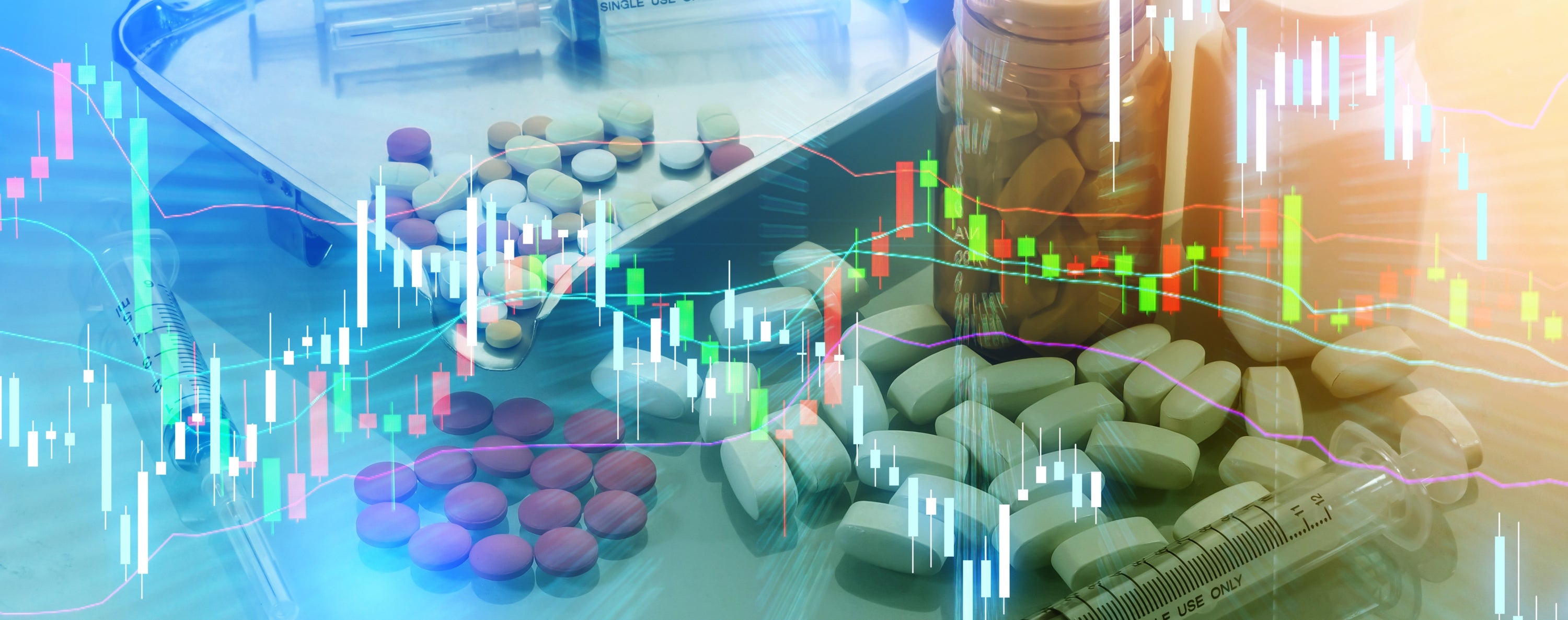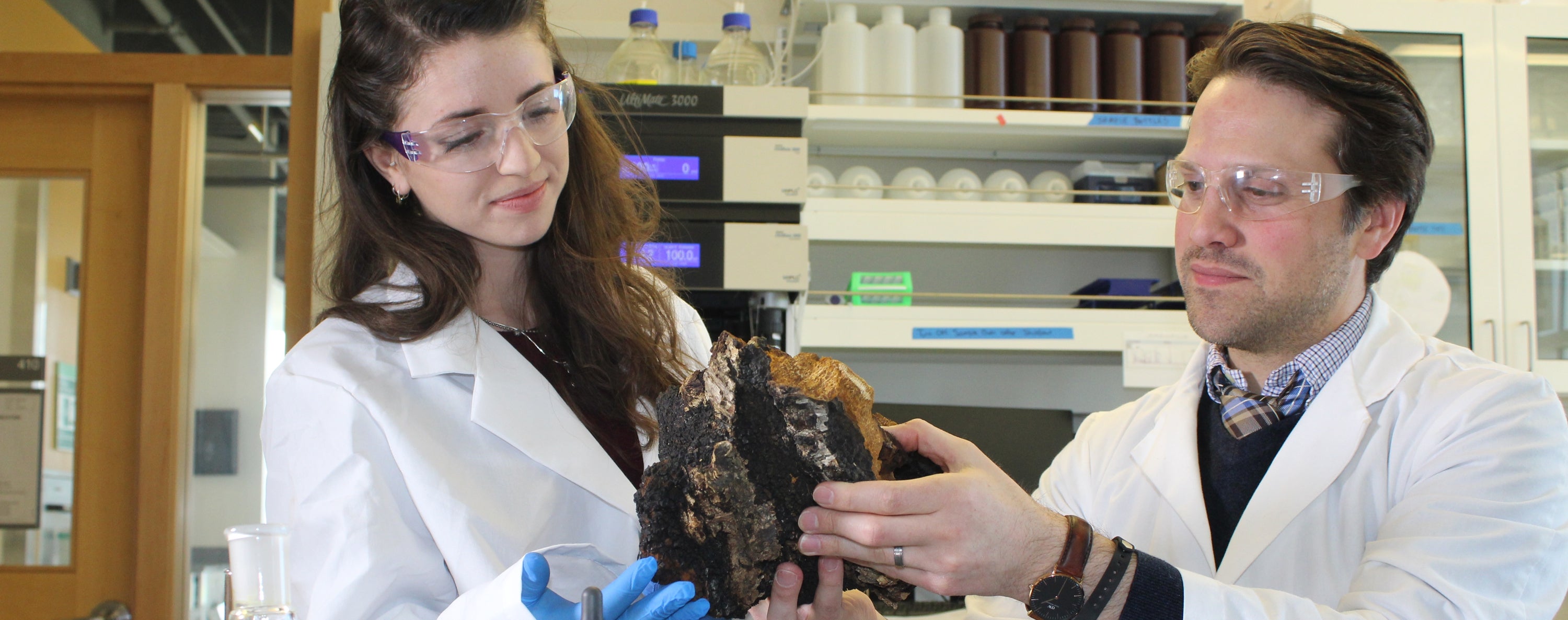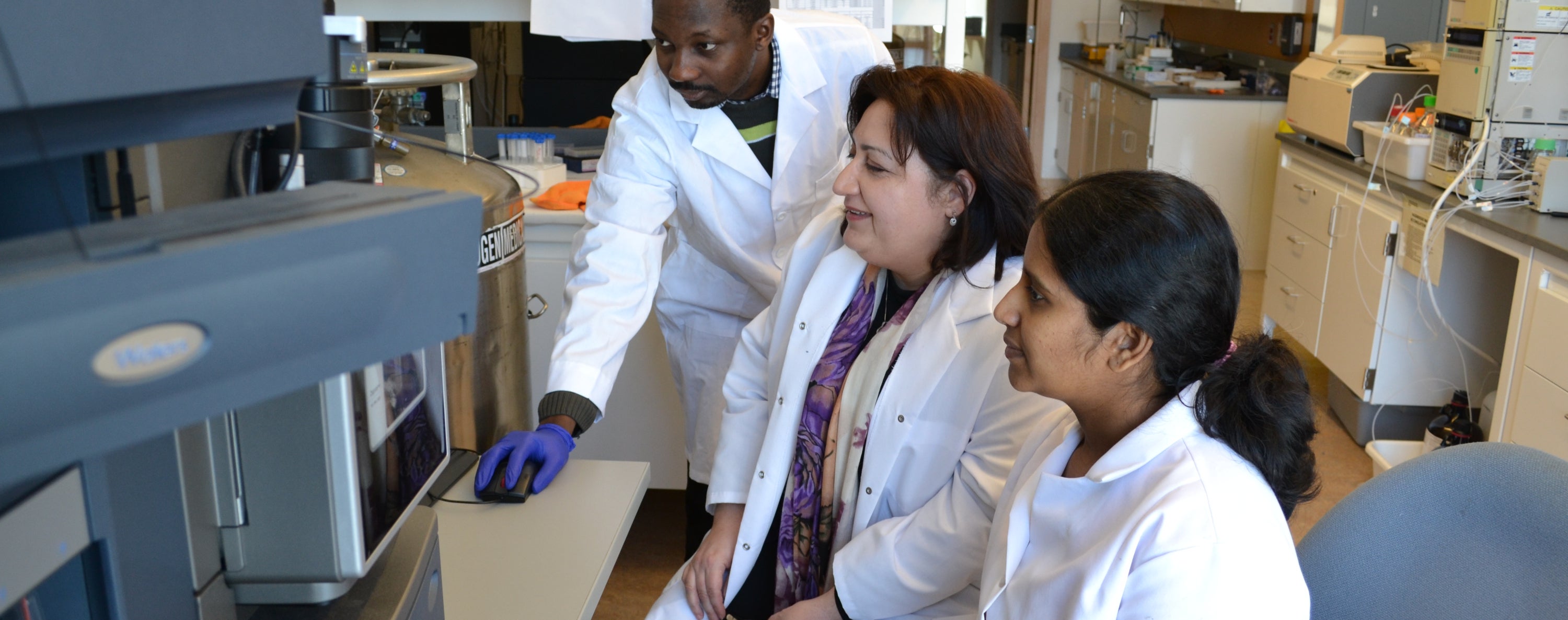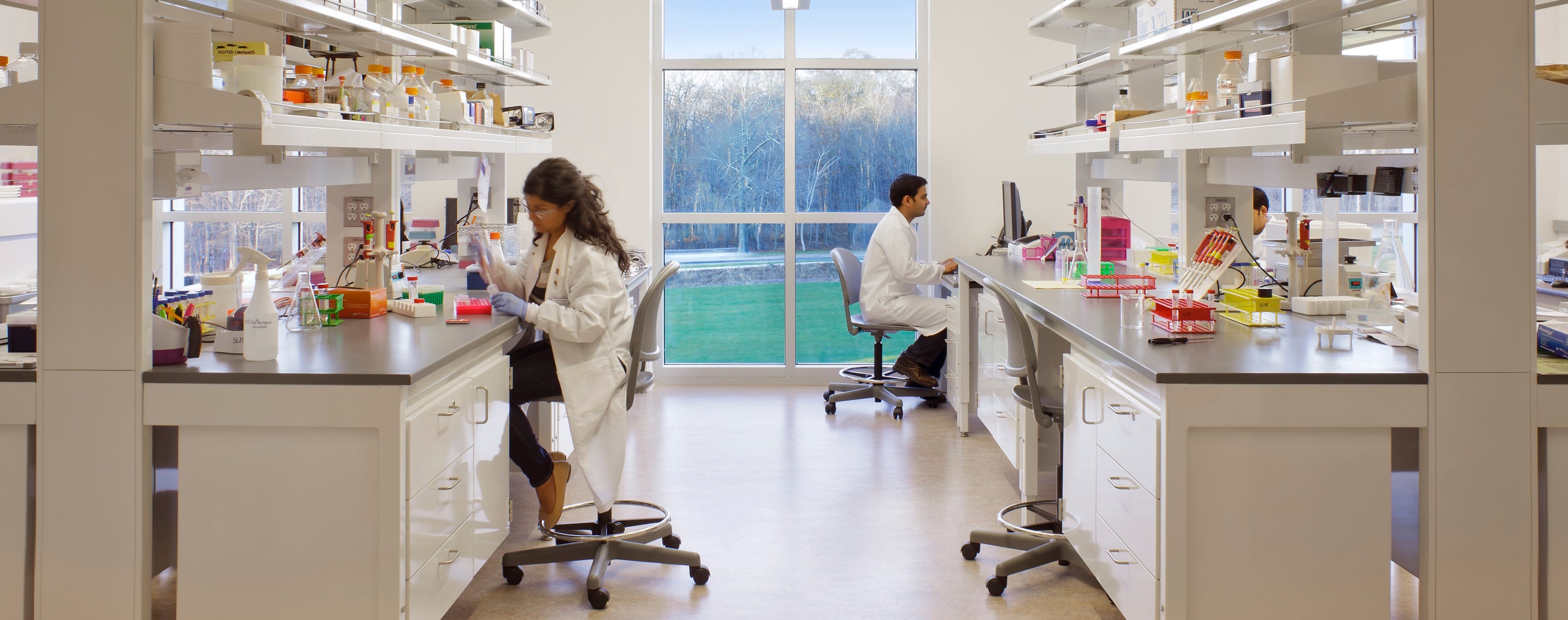Overview
The University of Rhode Island College of Pharmacy offers an accelerated BS to MS (non-thesis) Program in Pharmaceutical Sciences. This program allows driven and high achieving students the opportunity to achieve both a Bachelor of Science (BS) in Biomedical and Pharmaceutical Sciences and a Master of Science (MS) in Pharmaceutical Sciences in a total of five rather than six years by double-counting up to 10 credits of MS level courses toward the BS degree. This streamlined non-thesis program is a highly efficient means to earn a dual degree in a shortened timeline, and prepares students for advanced careers in the pharmaceutical and biotechnology industries, and beyond.
Why Choose the 4+1 Program?
- Accelerated Timeline: Complete your BS and MS in five years instead of six or more.
- Cost-Effective: Save on tuition and living expenses by reducing your time in school.
- Career-Ready: Gain advanced research skills and graduate-level experience that set you apart.
- Mentorship & Research: Work closely with faculty in state-of-the-art labs starting in your undergraduate years.
Students pursue a general MS in Pharmaceutical Sciences (preferred) or can choose to specialize in one four focus areas.
Are you ready to make a meaningful impact in science and healthcare?
Our Pharmaceutical Sciences Program is designed for students who want to explore the frontiers of drug discovery, disease mechanisms, and health outcomes.
You’ll dive into the science behind how drugs are developed, how they interact with the body, and how they’re processed and eliminated. Through coursework in pharmacology, toxicology, medicinal chemistry, and health outcomes, you’ll build a strong academic foundation. You’ll also gain hands-on experience through laboratory research and experiential training that prepares you for real-world challenges.
Graduates of our program go on to exciting careers in the pharmaceutical industry, academic research, healthcare, insurance and health benefit management, and government agencies. Whether you’re uncovering new molecular mechanisms of disease, investigating drug toxicities, or improving health outcomes, you’ll be contributing to discoveries that matter.
This program is ideal for driven, high-achieving students ready to earn an MS with just one additional year of study—accelerating their education and career.
Questions?
Reach out to the program coordinator.
Careers
The ABM in Pharmaceutical Sciences opens up a broad range of career opportunities across academia, industry, government, and healthcare. Because the degree combines strong scientific training with applied research and technical skills, it can position you for both scientific and leadership roles earlier in your career.
Here’s a breakdown by sector and career path:
Pharmaceutical & Biotechnology Industry
Research and Development (R&D)
- Formulation Scientist – develops new drug formulations (tablets, injectables, etc.)
- Analytical Scientist – designs and runs experiments to test drug purity, potency, and stability
- Preclinical Research Associate – studies drug effects in cells or animal models
- Process Development Scientist – optimizes manufacturing methods for scale-up
Manufacturing & Quality
- Quality Control (QC) Analyst – tests drug batches to ensure compliance with FDA standards
- Quality Assurance (QA) Specialist – manages documentation and ensures regulatory compliance
- Validation Scientist – ensures equipment, processes, and systems meet GMP (Good Manufacturing Practice) standards
Regulatory Affairs
- Regulatory Affairs Associate – prepares and submits documentation to agencies like FDA or EMA
- Clinical Trial Associate – supports clinical research logistics, data collection, and reporting
Drug Safety & Pharmacovigilance
- Drug Safety Associate – monitors and reports adverse drug reactions
Academic or Government Research
- Research Technician / Scientist in a university or national lab
- Project Manager on NIH- or NSF-funded research programs
- Laboratory Manager overseeing operations and safety in research facilities
Business, Consulting, and Policy
- Medical Science Liaison (MSL) bridges clinical research and healthcare providers
Scientific or Regulatory Consultant – advises companies on compliance, trials, or product development - Intellectual Property / Patent Specialist (with additional training or law school) assists with pharma patents
- Science Policy Analyst works on health and pharmaceutical policy for agencies or think tanks
Health and Clinical-Adjacent Fields (with additional certification or training)
- Clinical Research Coordinator manages clinical trials at hospitals or research centers
- Pharmacometrician / Data Analyst applies quantitative models to predict drug behavior
PhD or Professional Path
- Your MS can serve as a launchpad for a PhD in Pharmaceutical Sciences, Pharmacology, Toxicology, Medicinal Chemistry, Pharmaceutics, or Health Outcomes
- PharmD (Doctor of Pharmacy) if you want to move into patient care or clinical drug practice
- MBA or MPH if you want to pivot toward leadership, biotech management, or public health
Employers That Commonly Hire MS Graduates
- Pharma companies: Pfizer, Merck, Amgen, Eli Lilly, Bristol Myers Squibb
- Biotech startups and CDMOs: Thermo Fisher, Lonza, Catalent
- Government and non-profits: NIH, FDA, CDC, USP
- Universities and research hospitals
Admission & Academics
Please see the MS Pharmaceutical Sciences (non-thesis) for general requirements.
Only existing BS Pharmaceutical Science majors at URI can apply for the ABM non-thesis program through the current URI process. Applications are due by February 1 upon the completion of 75 credits of the BS curriculum including the required Fall term BPS 300-level coded courses. Only students on-track or ahead in the curriculum will be eligible.
Students will be admitted to the ABM program contingent on meeting the requirements listed above. Acceptance will be announced in the Spring of the application year. It is expected that at least one summer prior to the 4th or 5th year of study will entail full-time research, internship or other work to support the Capstone project.
Deadline
Rolling. For full consideration, ABM applications should be submitted by February 1.
URI Catalogue Information
Admission
A competitive applicant will have the following:
- Have completed, by the end of five-semesters of study, a minimum of 75 credits including: transfer to the Degree Granting College for the B.S. Pharmaceutical Sciences degree and the required Fall term BPS300-level coded courses, with a minimum 3.0 QPA in all BIO, BPS, CHM, CMB, MTH, PHP, and STA-coded courses.
- Be enrolled, or eligible to enroll, in all of the B.S. required courses for Spring of the 3rd year of study.
- Submit one letter of support for admission from a member of the Graduate Faculty within the College of Pharmacy.
- Submit a letter of interest from the applicant including the following:
- Career goals related to pharmaceutical sciences
- How the ABM program fits those career goals
- Relevant research/laboratory experiences
Academics
Progression will be contingent on:
- Maintaining minimum 3.0 GPA and full-time enrollment at appropriate B.S or M.S level.
- Submitting applications for summer internships or summer research programs during Spring of the 3rd year of study for the summer following the 3rd year of study, and during Spring of the 4th year of study for the summer following the 4th year of study.
- Meeting the M.S. (non-thesis) in Pharmaceutical Sciences admission requirements.
- Meeting the M.S. (non-thesis) in Pharmaceutical Sciences progression requirements.





